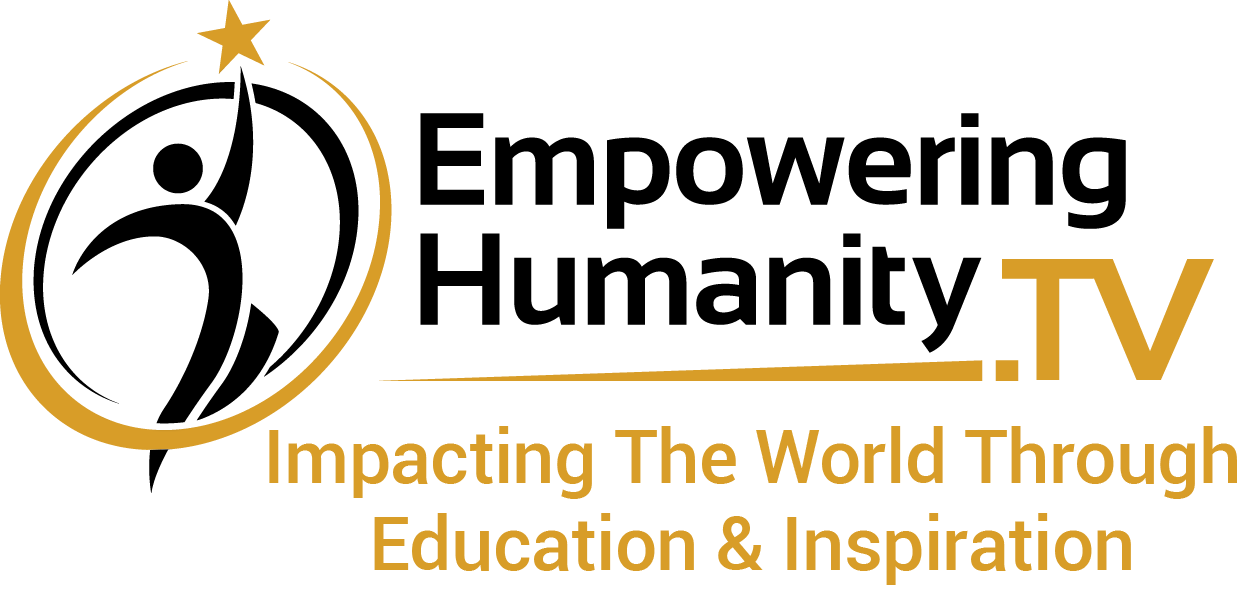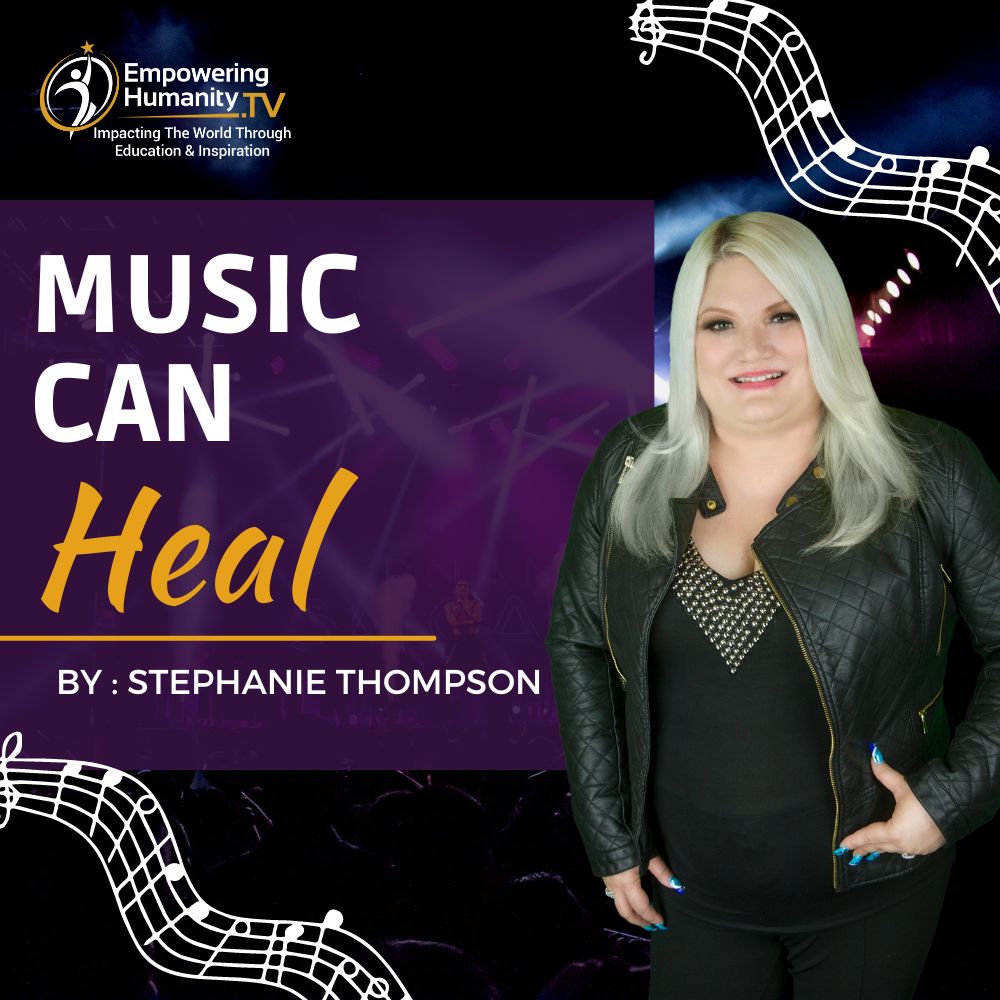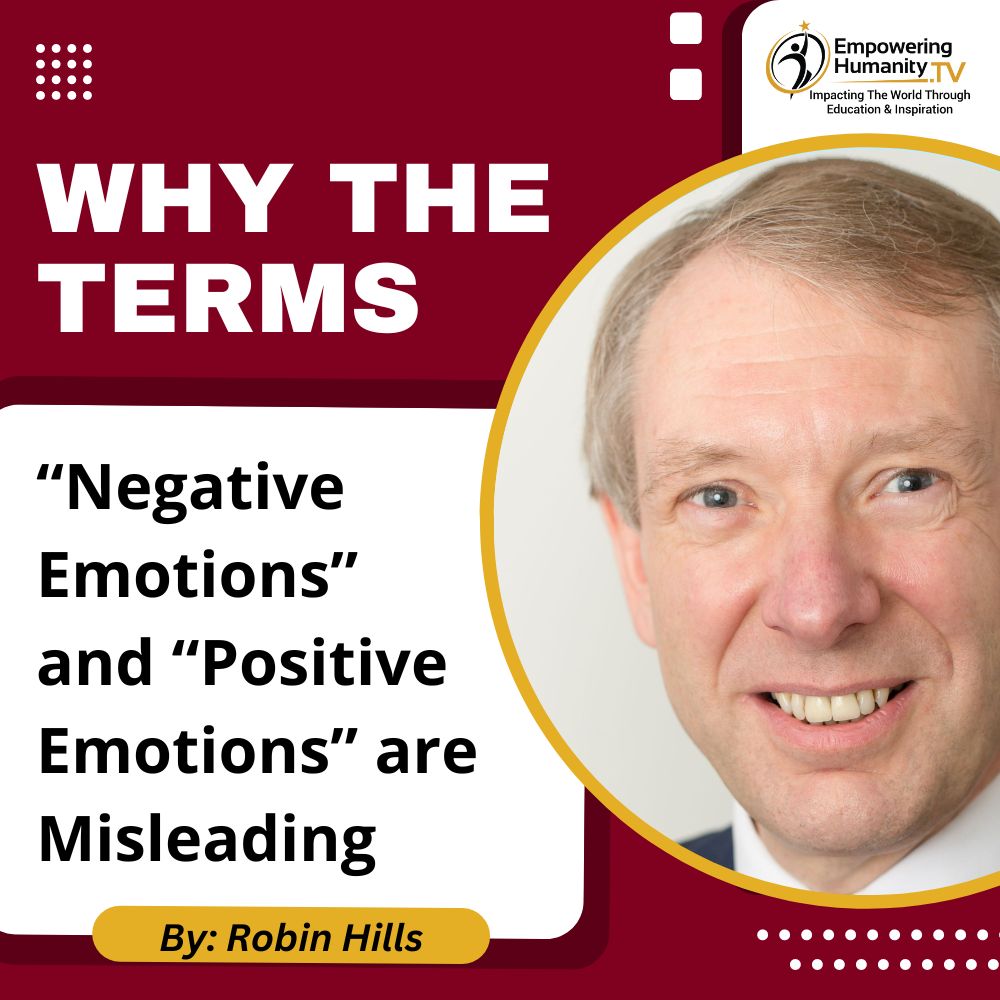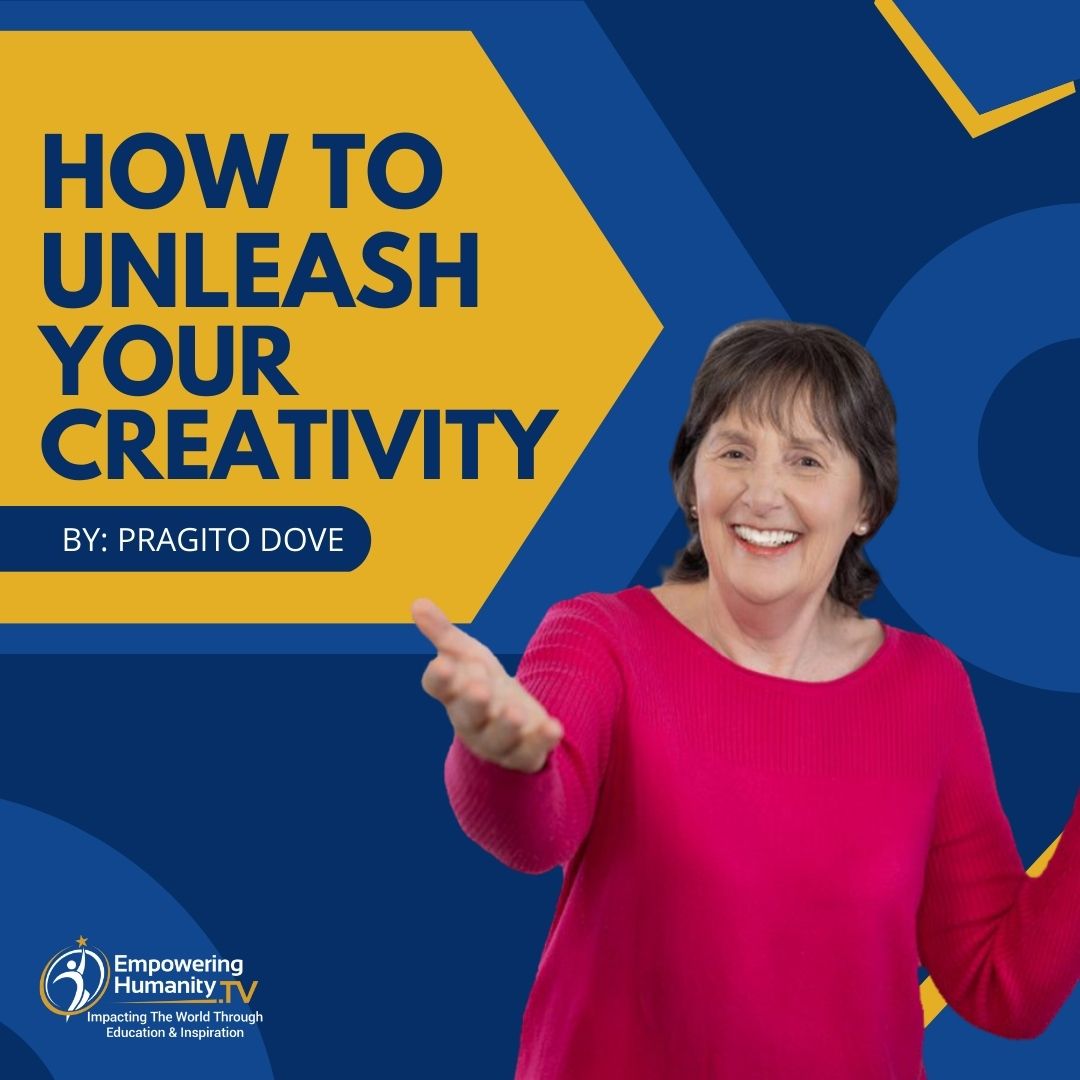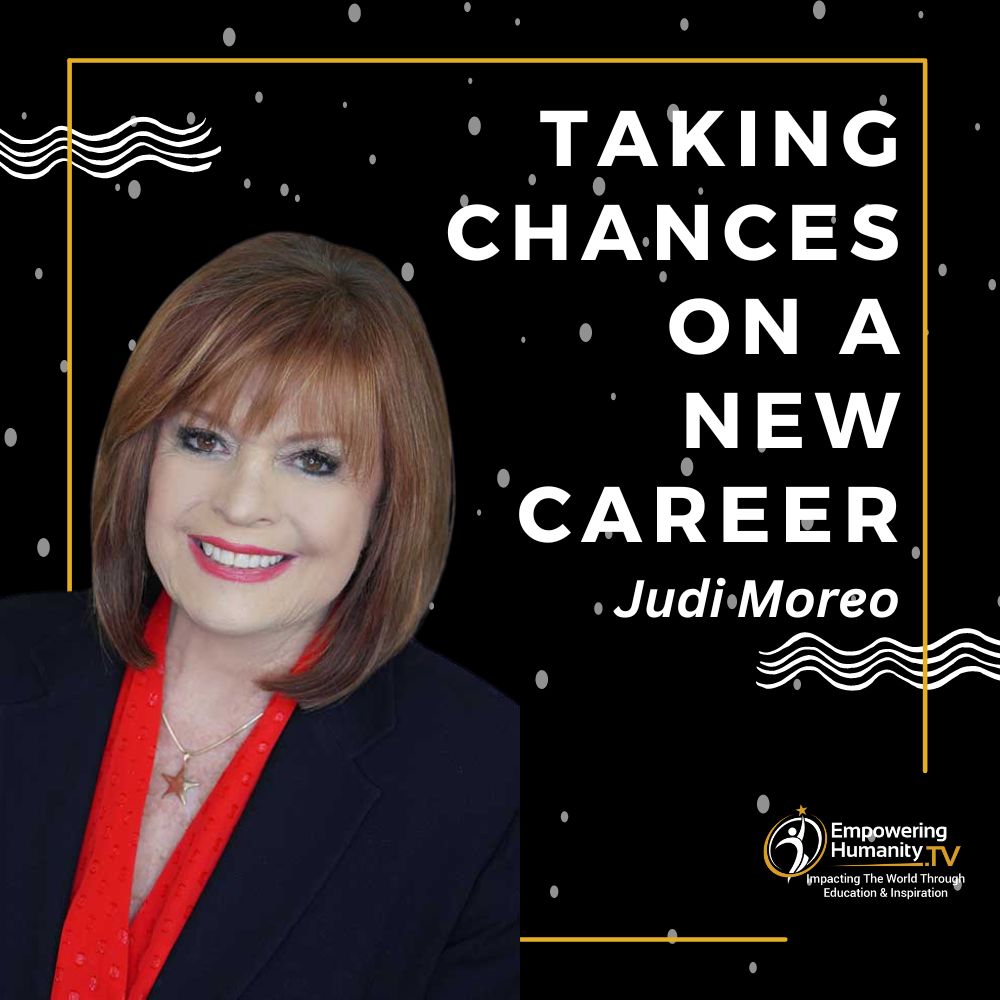Music Can Heal
By: Stephanie Thompson
Have you ever watched a movie with the sound off and then rewatched the same scene with the soundtrack playing? It’s a marked difference. Or how about have you ever driven on the freeway with no music playing, stuck in traffic, and felt your blood start to boil, but then decide to play some uplifting music and start to calm down and feel the shift in your emotions? There is no denying music’s effect on us.
According to Music4life.com, as early as 323-373 BCE, Aristotle wrote that “flute
music could arouse strong emotions and purify the soul.” There is
proof everywhere that the medical community takes the healing of music
seriously in the evidence of the abundance of music therapy programs
offered and the significant programs in places like John Hopkins Center
for Music and Medicine where they provide money, research, and support in
the studies of music and healing.
In an article from “Harvard’s Health Watch,” the author cites how “music can ease anxiety and discomfort during invasive procedures, for example in controlled clinical trials of people having colonoscopies, cardiac angiography, and knee surgery, those who listened to music before their procedure had reduced anxiety and a reduced need for sedatives.”
Robin Spielberg, pianist, composer, and author, in her Tedx Talk, “The Healing Power of Music,” tells how when her premature baby was in the Neo-natal Intensive Care Unit, Robin played a CD of her piano music and the vital signs of her daughter and every infant within earshot improved. She also recounts how post-WW2, nurses noticed how veterans recovered quicker and got up on their feet faster when hearing big band music. One of the most profound experiences that she talks about is when she goes to play at a nursing home. She walks in and the patients there look depressed and she starts to play piano and no one really responds to her performance so she proceeds to play and finish out her set and heads out of the building. But, then a nurse runs up to her and tells her how one of the gentlemen listenings sang along with her on “Moon River.” The nurse tearfully went on to tell her that in the past six months after his wife died, he hadn’t talked to anyone including his family and that her performance had broken through to him and now he was willing to talk to his family again. In her own words, Spielberg tells how that was her most successful performance and she played at Carnegie Hall. I had a very similar experience in my singing career. I was presenting a concert to this retirement home as some volunteer work I used to do and it was a Memorial Day concert so I was singing patriotic songs. After my performance, I was walking around saying hello to the residents and one of the nurses came up to me with tears in her eyes. She told me how one of the gentlemen at her table had never spoken since he’d been there but today when I sang, he sang along out loud with me. I, like Robin, remember feeling very touched and moved by this and that’s when I really started to understand the healing power of music.
If you enjoyed this article, please check out my other articles and see how music can heal. I also do Facebook Lives on Thursday nights at 7 pm to share tips about singing.
Enjoy your music. ❤️
